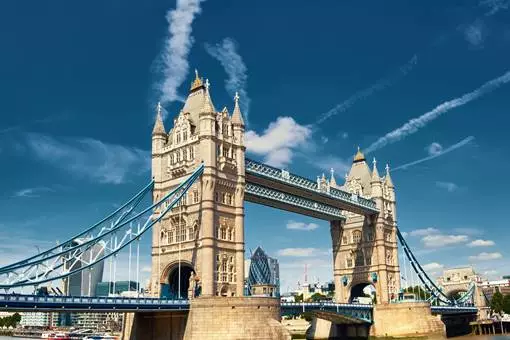IMF points to Pakistan economy surge
- 15th April 2014
- Emerging Markets

Pakistan’s economy has surged forward in the past few months, according to a recent report from the International Monetary Fund (IMF)
Pakistan’s economic performance is often overshadowed by growth in other emerging markets, but the IMF has recently said that the country is very much on the rise.
According to The Nation, IMF Pakistan Mission Head Jeffery Franks told Private TV last week that the IMF is continuing to approve loans because it has seen the benefits of the Pakistan government. He said that the government seems “resolved to introduce economic reforms”, which are sorely needed if the country is to take its place among other economic powers in the region.
What’s more, Mr Franks said that it appeared reforms would continue and more taxes were being collected, which is usually an indicator of more effective governance.
The positive sentiments come after IMF’s World Economic Outlook report recently found that growth is expected to slow over the course of the year. This means that although the economy expanded by 3.6 per cent in 2013, this year’s growth is actually expected to be smaller at 3.1 per cent.
However, after 2014 the outlook will pick up again, with the IMF predicting that growth will speed up each year until it has passed the five per cent mark by 2018.
Even so, policymakers will have challenges to deal with along the way, including the country’s large population growth. By 2017-18, Dawn reports the population could reach as high as 200 million. At the same time, inflation is expected to stay fairly high. In fact, it is expected to rise to a yearly rate close to nine per cent in 2015 before easing in 2016 and 2017.
But even though the figures suggest this year will not be Pakistan’s best, the overall impression is definitely positive. By 2017 and 2018, these figures predict that the country will be experiencing a slowdown in inflation, accelerated growth and considerable change as a result of ongoing reforms.
In the longer term things look even brighter – in January, economist Jim O’Neill argued that Pakistan could become the 18th largest economy on the planet with a gross domestic product (GDP) of $3.33 trillion (£1.98 trillion) by 2050. That would mean fifteen-fold growth in the next 35 years.
Whether this becomes a reality or not, it seems that Pakistan will see some positive change in the years to come.
Other News
London named top destination for Indian entrepreneurs
New research from the Mayor of London's promotional agency, London & Partners, has named London as the leading destination for…
Emerging market parents ahead in education help
One of the biggest gaps in knowledge when analysing the education system of emerging economies has been the opinions of…
CIMA and ICAN to build Nigerian Accountants Research Centre
The Chartered Institute of Management Accountants (CIMA) has decided to enter into an agreement with the Institute of Chartered Accountants…



